Summit Week - Day Four Recap
Wrapping up Day 4 of the 2021 Think Global Forum Summit Week
The opening days of the Think Global Forum Summit found thought-leaders from around the world coming together virtually to share insights, discuss challenges and offer inspiration. Mel McVeigh of Conde Nast highlighted the importance of imagination and explained why we need to find our North Star; Sophie Top from adidas told us why B2B no longer exists – at least in terms of marketing strategies;
and we heard why technology integration is ‘the Starship Enterprise in some cases and Mad Max in others’.
It was an exciting three days – and that’s just the tip of the iceberg for our first full TGF Summit Week. Let’s take a quick look at what happened on Day Four.
Day Four: Global Technical Communications and Machine Translation
The agenda for the fourth day took aim at answering some prescient questions regarding global technical communications and machine translation, including -
· How much can you save with machine translation, and what are the trade-offs in achieving these savings?
· What is the future of investment in MT?
· What does the future look like for human translators? Do buyers have a moral obligation to consider?
· What does the future look like for global technical communications terms in general?
It was a big agenda covering big topics, but we had some world-class speakers on hand to share their insights, as we were pleased
to welcome panelists Gabriel Gadani of GE Healthcare, Johannes Bursch of Daimler, Jim Young of Johnson Controls, Doron Bodner
of Biosense Webster (J&J) and Dr. Christopher Kurz of ENERCON.
Here are some of the key takeaways from Day Four.
There is No Golden Solution: The State of Global Technical Communications and Machine Translation Today
Organizations looking for a one-size-fits-all solution will struggle, as business models are quite diverse and need to be handled differently. While Machine Translation can handle some of the heavy lifting when it comes to large volumes, recurrent tasks, and certain types
of content, other types of content require prudence. The human touch – i.e., better understanding of context, target cultures, local idioms, and specialist language – is very hard to replicate at the moment.
Perhaps, then, the future involves a mix of Machine Translation and Translation Memory. Organizations that rely on MT to a large degree would do well to focus on crafting a tailored, personalized approach. Creating a tailored approach may involve a larger amount of work,
but the investment of time and resources would be more than offset by the potentially huge savings.
It’s also possible that we see leaps and bounds in the sophistication and utility of MT in the future. Digitization has come a long way in
a short period of time, after all, so businesses should be very excited about where the pedal-to-the-metal digital drag race may take us.
For many organizations, the human element will always be critical, while others will create an MT approach based on strategic considerations, data on volumes, and datasets. As Thomas Murray astutely pointed out in his Day One opening address, we’re not just
in an age of digital transformation; we’re in an age of ‘people transformation’ as well. It’s important that we never stop learning, and
as industries change rapidly, we need to change as well.
To learn more about the event and the Think Global Forum, follow us on #ThinkGlobalForumSummitWeek and visit https://www.thinkglobalforum.org.

